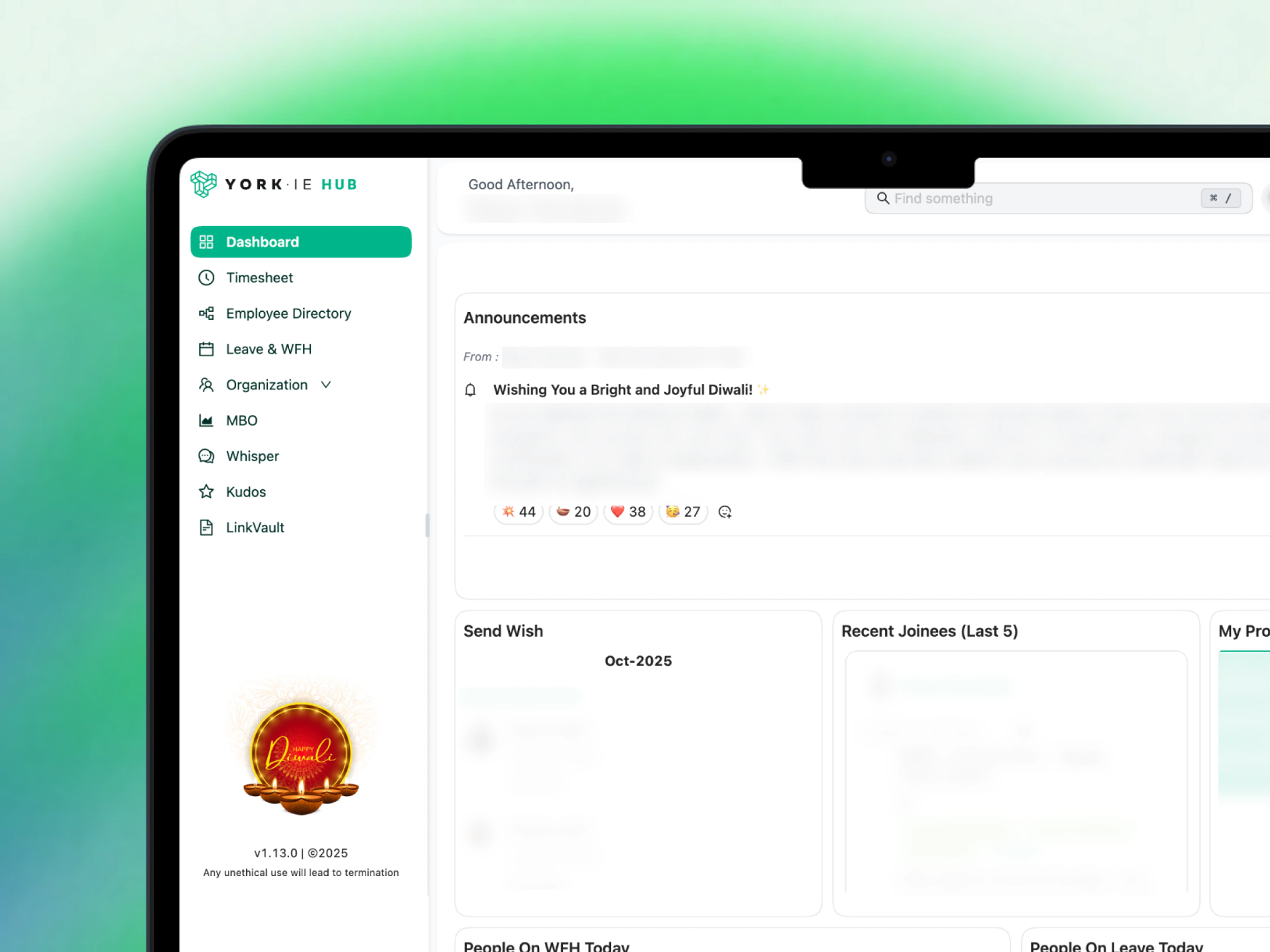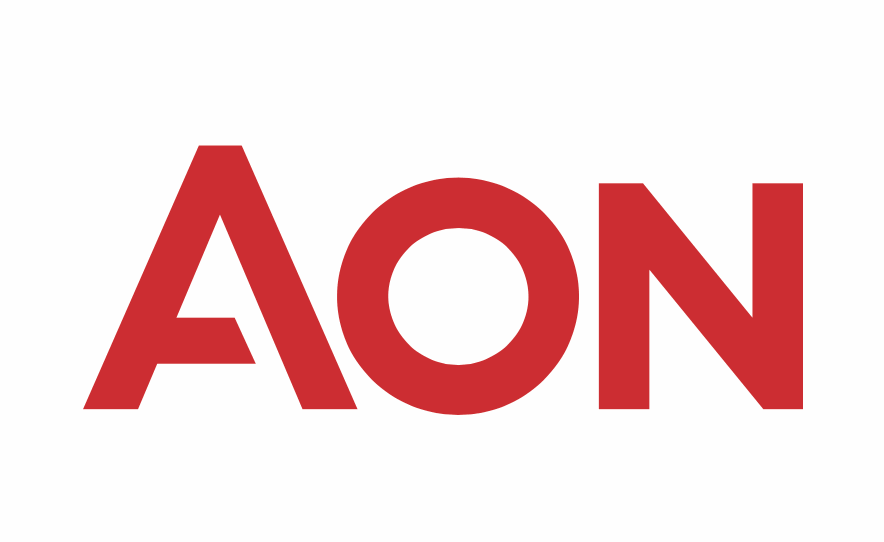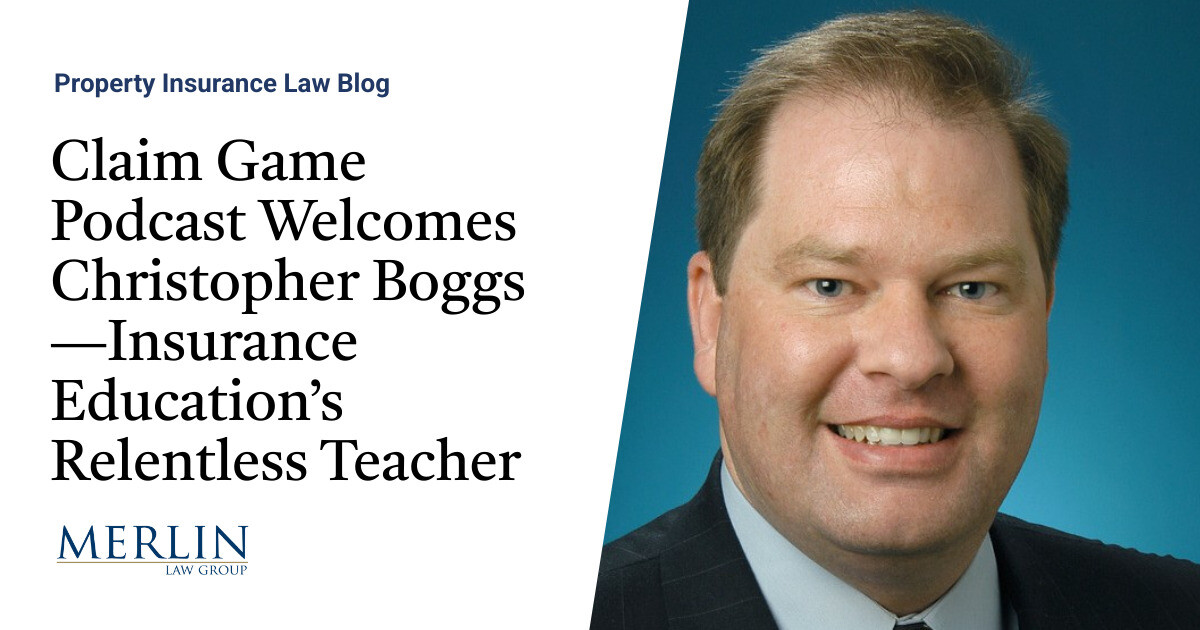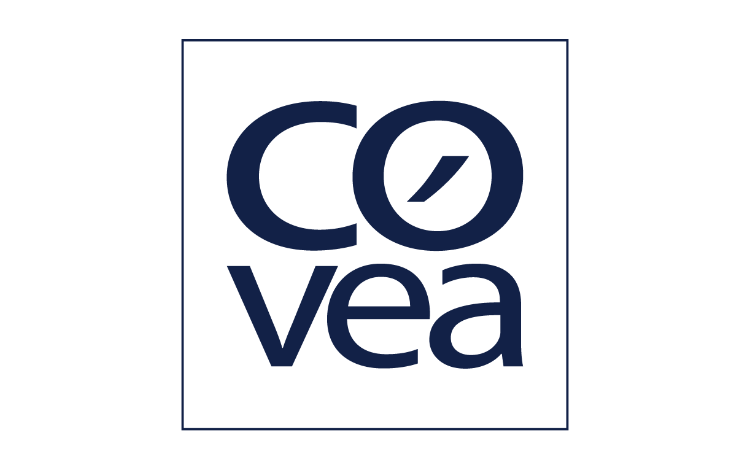In part one of Becoming Your Clients’ Personal CFO, we discussed the reasons that positioning yourself as your clients’ Personal CFO represented exactly what the holistically inclined advisor does for his or her clients. Forget trying to be their “Trusted Advisor” I recommended; give them exactly what they want by becoming their Personal CFO. In part two, I want to go deeper into the “duties” of the Personal CFO as well as delve into the strategies for setting yourself up in that position.
To begin with, the Personal CFO significantly resembles the role of the increasingly familiar “Family Office” but without the required infrastructure and hired personnel that tends to frame the latter. In both instances, their primary services include:
- Identifying (qualify and quantify) the client’s financial and life goals
- Develop a full assessment of the client’s current financial situation
- Build strategies to achieve the client’s goals
- Cash flow management
- Investment planning and asset management
- Tax planning optimization
- Risk management in all its capacities
- Debt management
- Retirement planning
- Estate planning
- Develop, administer, and monitor a comprehensive financial plan inclusive of all of the above
- Coordinate and work with other professionals to ensure seamless integration of all aspects of the plan
I think we can all agree that it is virtually impossible for any advisor to be able to personally provide their clients with all the necessary expertise related to their finances and their financial and life goals. The reality is that consumers don’t believe you can do it all either. It only makes good business sense, then, that we align ourselves with other professionals/experts who can provide the services and products that go beyond our scope of expertise or product availability. By doing so, we not only ensure that our clients receive all the professional help necessary to ensure their financial success, but we also build a wall around our clientele that keeps out the competition. If they can get everything they need from you and your cadre of experts, why would they waste their time speaking to others? Beyond thwarting our competition, we also become far more referable to family members, friends, and colleagues of our clients as they recognize that the superior level of service that you provide will also be extended to those they refer to you. They also understand that you will make them look good by referring you to them.
As the Personal CFO graph below illustrates, there are five specific areas of expertise that most clients will require at some point in their financial lives. Lawyers/attorneys, accountants, money managers, insurance specialists and lenders. Certainly, there are other professionals that clients will require from time to time – real estate agents, IT specialists, travel agents, auto dealers, personal concierge, etc. – but they tend to form a secondary cadre of professionals to be utilized when the appropriate need arises. And, most certainly, you, the advisor, are likely licensed in one, two, or even three of these five specialist areas; but even within your own lane(s), at some point, you and a client will require the help of a niche expert. It pays to have that help available when needed.
Partnering with the right professionals for your clients’ benefit is something all financial advisors should be doing. It just makes sense to be at the center of their financial universe. If, in fact, you’ve already defined and work with an ideal client, the selection of the specific types of experts that you’ll require is made easier due to the specific needs of that one cohort. Business owners need certain experts that aren’t necessarily required by retirees or “C Suite” professionals. Most doctors will require experts that the average young accumulator won’t need. One of the Personal CFO’s tasks, therefore, is to know their clients so well that they can pre-emptively provide the requisite expertise whenever needed.
Of course, sourcing these other professionals is half the battle. Given that most of them will still be in growth mode and looking to take on new clients, you could be the one that makes that easier for them, while at the same time recognizing that they are part of your plan to gain future referrals and introductions from them. Once you understand which experts your clients might need, the quickest way to connect with them is through personal introductions. These introductions can come from existing clients, centers of influence, wholesalers, colleagues, family members, and friends.
So, if the Personal CFO is what consumers are looking for, what would keep any financial advisor from taking on that role? Well, the most common objection that we hear from advisors is that they don’t actually produce written financial plans and therefore don’t have that “anchor” to utilize in the offering. To that we suggest one of two options:learn how to work with financial planning software so that you at least can produce a basic written plan or either hire someone onto your team to produce the plans or contract with a planner to produce them, ad hoc. Either way, ensuring a plan is available for your clients will give you control of the process that puts you in the driver’s seat.
The second objection we hear from advisors is that they want to stay focused on their specialty, either investment or insurance planning, and aren’t interested in running the full financial show for their clients. To that, we then suggest that you connect with an advisor or planner that is willing to take on the CFO position, and you become the investment or insurance specialist within the team. Of course, this will only work when you partner with someone who isn’t offering the investment or insurance service that you provide. We’ve found that it’s a little more challenging trying to build a team around you from this position, but we have been involved in helping advisors do just that in a few instances and know that it can be done.
Ultimately, the advisor that chooses to work holistically with their clients by providing everything the Personal CFO offers, will not only satisfy the full needs of their clients, but also will be in a far more competitive position to take on new clients. Holistic advice is what consumers are demanding, and the Personal CFO model is one of the quickest and easiest structures to adopt to deliver it. They’re asking for it; you should be providing it.
About the author:
Daniel Collison is Co-founder and Managing Partner with Advice2Advisors, which trains, mentors, and coaches growth-oriented financial advisors of all tenures. He is also the author of Building Bigger & Better: Growth Strategies of Top-Producing Financial Advisors, FriesenPress, 2023.
To learn more, contact us at advice2advisors.com or 1-833-226-2242.
The views and opinions expressed herein are the views and opinions of the author and do not necessarily reflect those of Nasdaq, Inc.









































